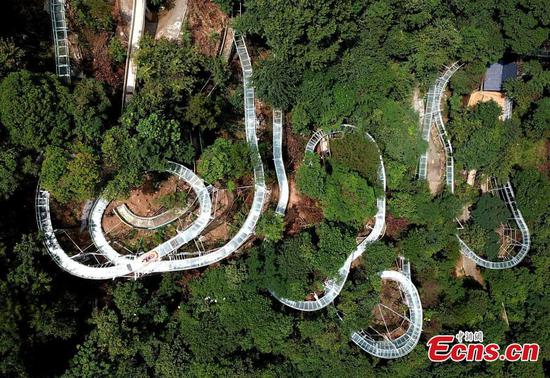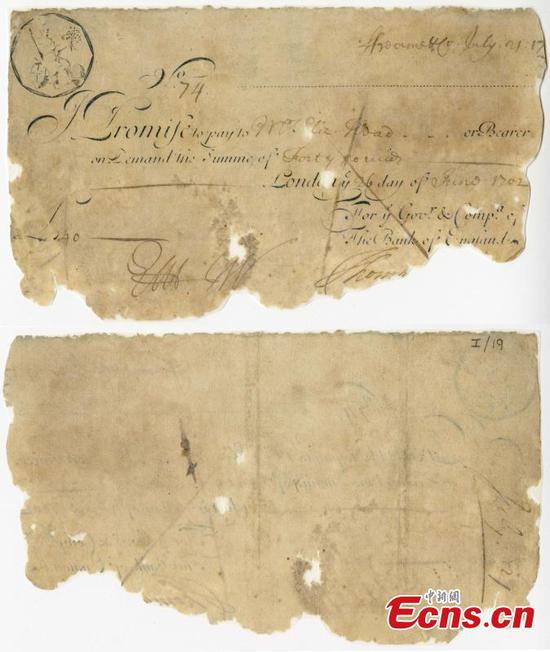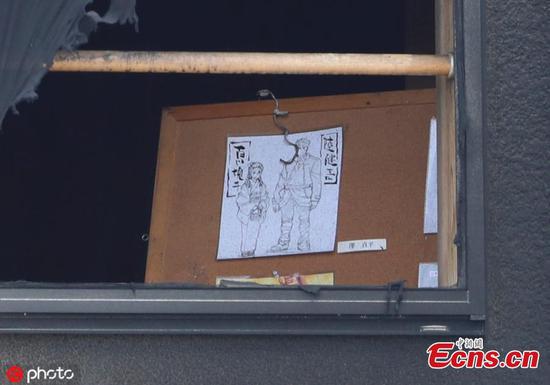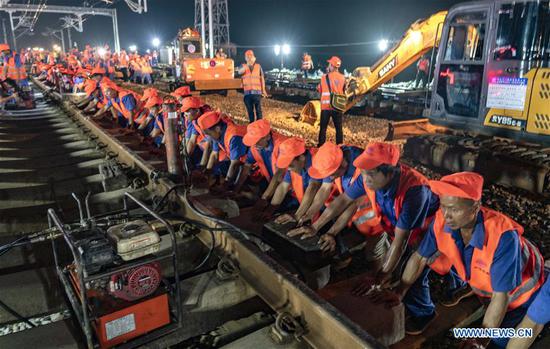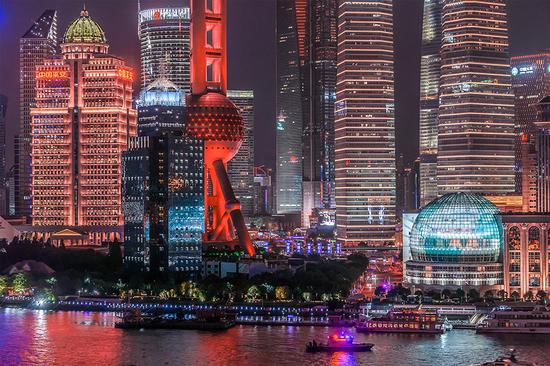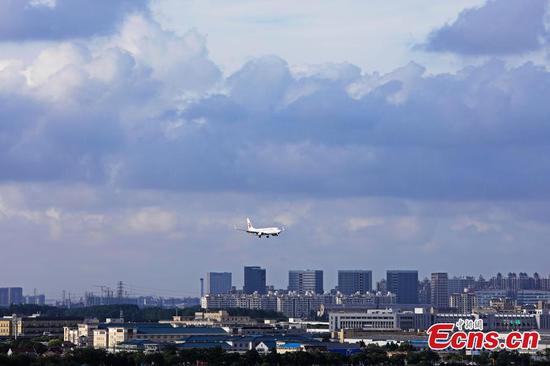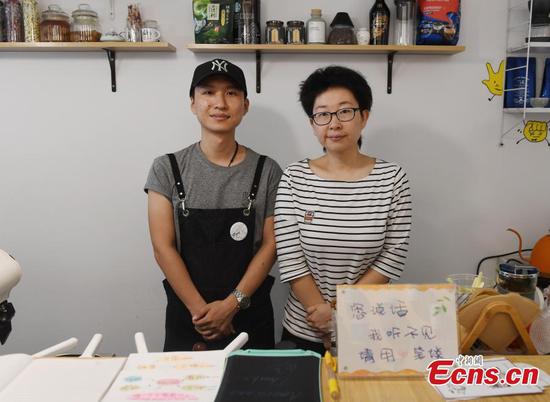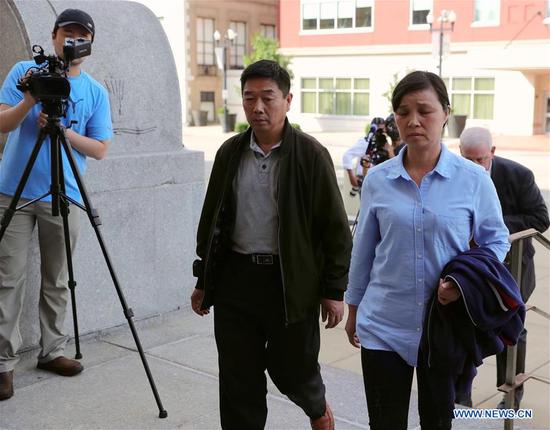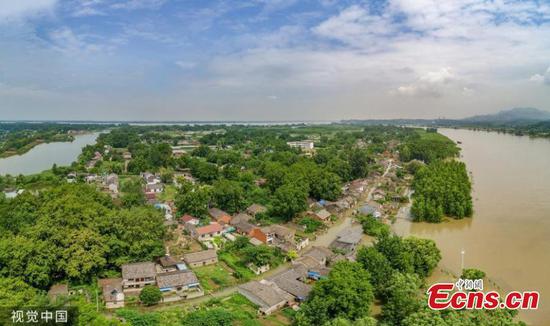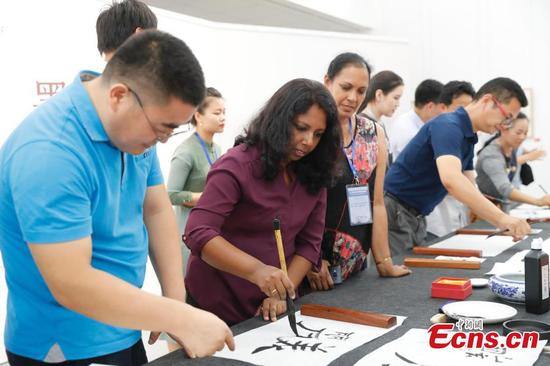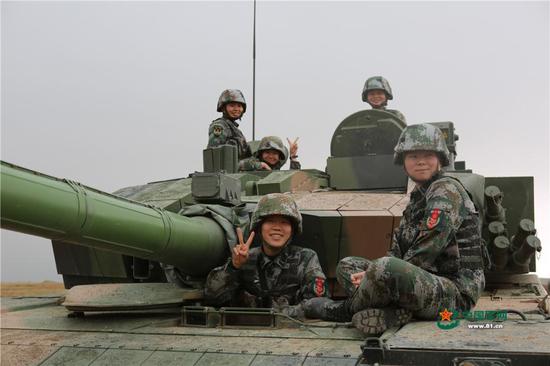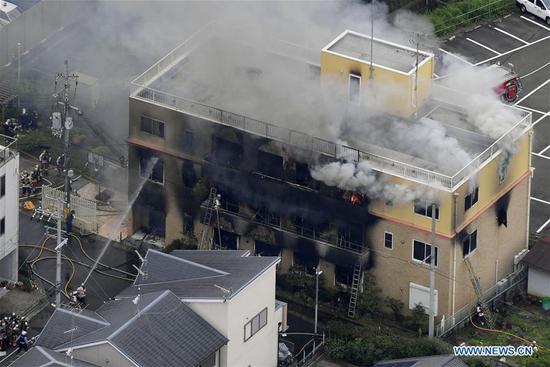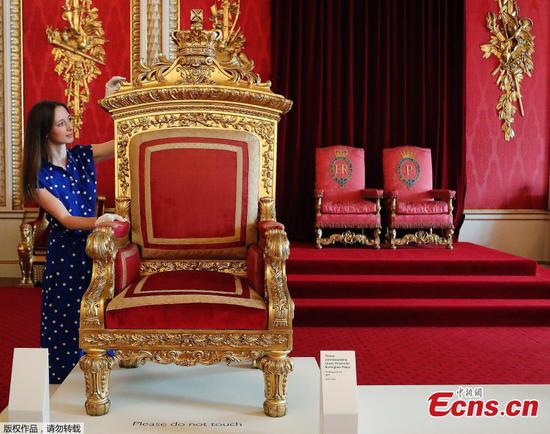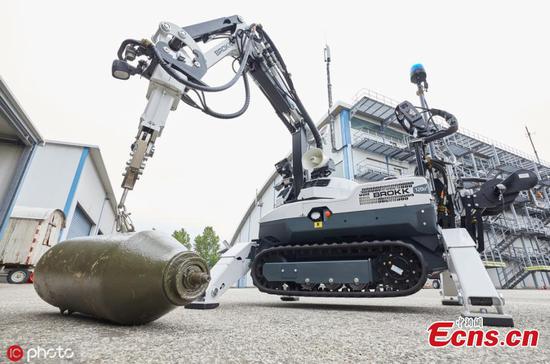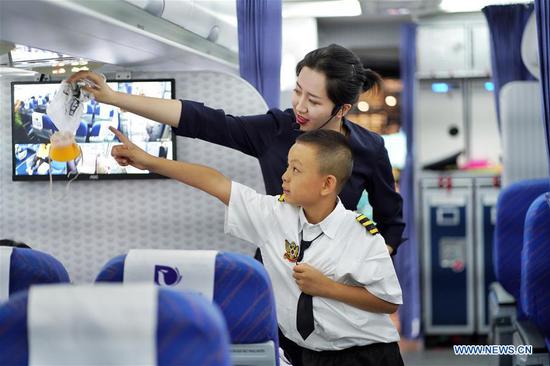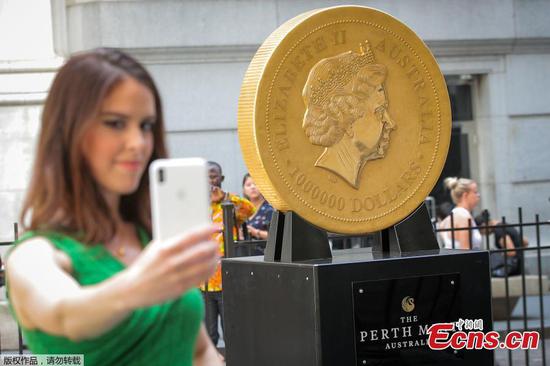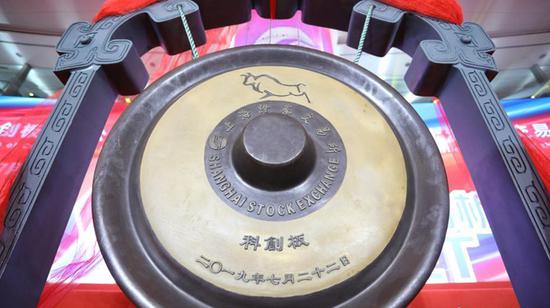The first trading hours on China's new Science and Technology Innovation Board (STAR) set off with great volatility and active trading on Monday morning, as capital quickly poured into the new board that supports homegrown technology start-ups in China.
Shares of most of the first batch of 25 companies listed on the new board surged quickly in early trade on the STAR Market, China's answer to Nasdaq.
The 25 high-tech firms, which range from lithium battery material makers to machine vision intelligent manufacturing companies and biotech firms, raised a total of 37.018 billion yuan ($5.38 billion) through the IPOs.
The much-anticipated Science and Technology Innovation board, operated by Shanghai Stock Exchange, provides a new channel for China's high-tech companies to raise funds. Those companies will represent the future of China's high-tech sector, and will become a major pillar to support China's effort to boost its technological edge and challenge the technology and economic supremacy with the U.S., analysts said.
"Against the backdrop of the China-U.S. trade war, the establishment of China's SSE Star Market will also enhance the inclusiveness and openness of China's capital market, which is an important step for the opening-up of China's financial sector, "Dong Shaopeng, an advisor for the China Securities Regulatory Commission, told the Global Times on Monday.
The 25 new STAR stocks rose by an average 126 percent at the opening time of the new high-tech board at 9:30 am on Monday, with all stocks rising. Four rose by more than 200 percent, with Anji Technology Co leading with a 287 percent surge.
Just half an hour after trading began, the trading volume of the 25 companies surged beyond 20 billion yuan ($2.9 billion).
A number of STAR shares' trading was suspended after they rose or slumped to the 30 percent suspension line. Trading is suspended for 10 minutes if there is extreme movement in the first five trading days.
"The surge on the first day is understandable due to ample capital and relatively few companies. But there is a strong need for a reasonable pricing benchmark," Dong said.
The STAR board is one of the country's boldest attempts to reform its capital markets by adopting a market-oriented, registration-based IPO system. It was set up to permit significantly wider price swings than can be found in other mainland exchanges. The board also grants companies and investors greater freedom on IPO pricing and listing process.
Li Chao, vice chairman of the China Securities Regulatory Commission, said on Monday morning that he hoped the Shanghai Stock Exchange could implement the securities registration system well with information disclosure as its core. He also noted that companies listed on this board should disclose information in a genuine, accurate and complete manner.
"It is an institutional innovation of China's financial market," Dong noted. "By setting up the Science and Technology Innovation Board, companies with great prospects, but which are temporarily unprofitable, could have a chance to go public, "he said.
There have been some overseas media reports saying that the STAR companies are not "eye-catching" enough, as many Chinese tech giants like Alibaba and Tencent are not listed on mainland bourses.
Dong nevertheless noted that it takes time to foster a sound stock exchange, and that the SSE STAR Market "is sure to nurture its own star companies."









